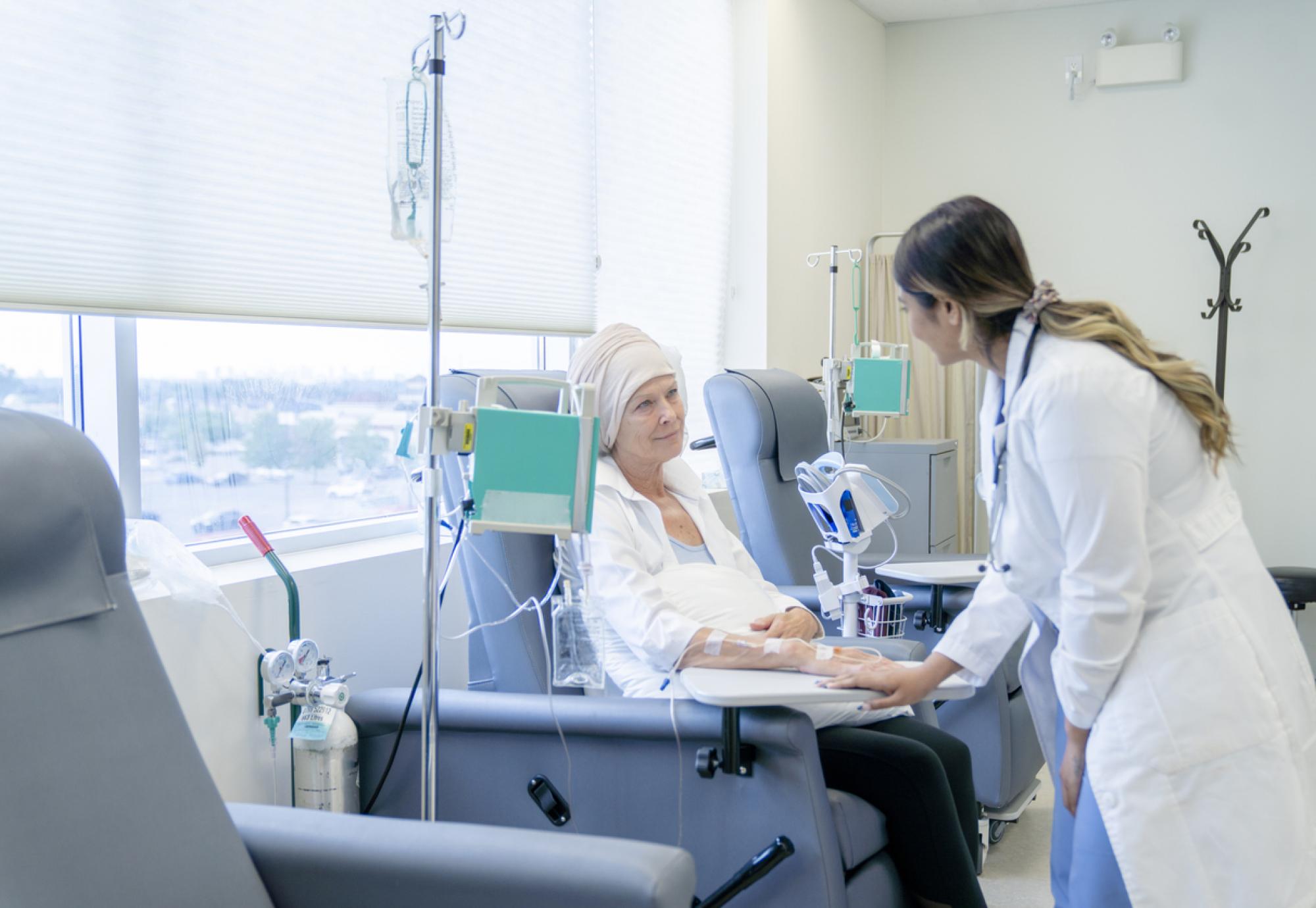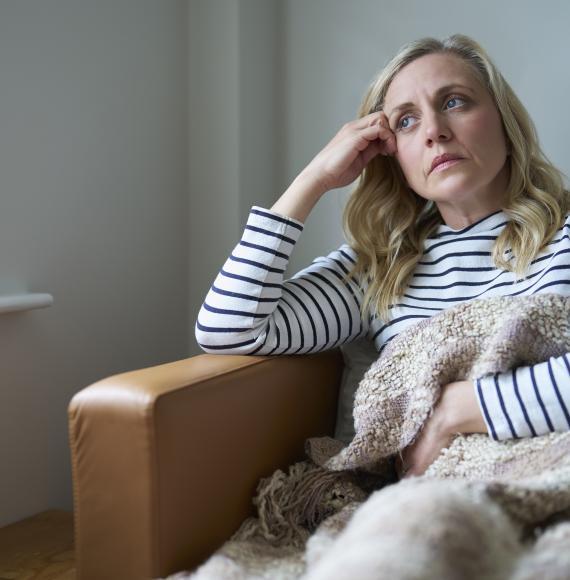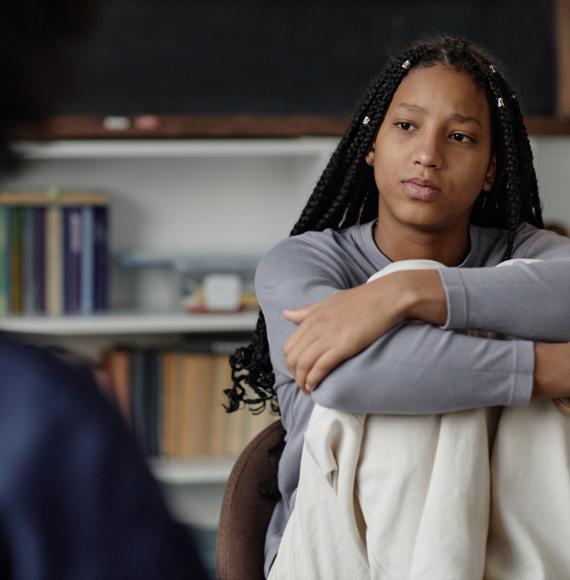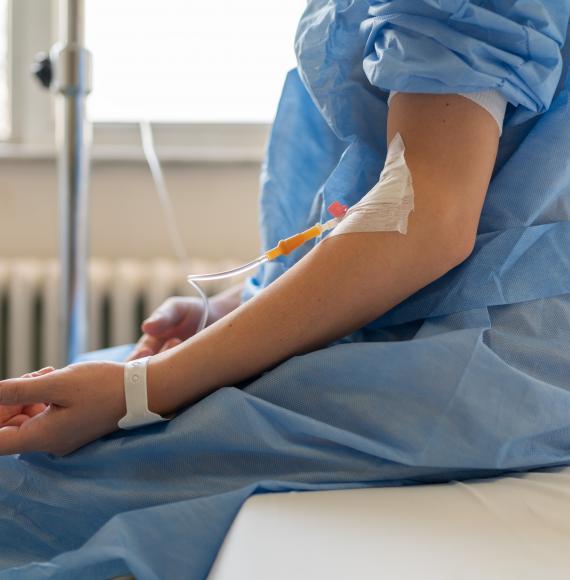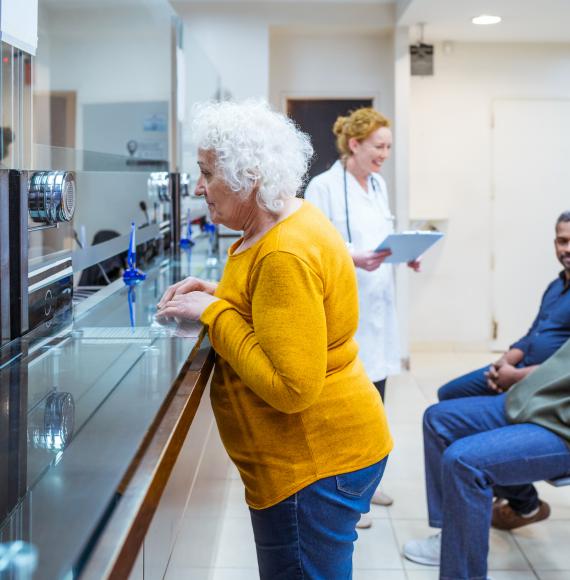Industry experts have penned a letter in The Lancet Oncology appealing for “urgent intervention” to arrest the potential collapse of cancer care services.
The letter comes after NHS figures showed a drop in the number of patients receiving their first cancer treatment within two weeks. Other statistics indicate that, of the 14,425 cancer patients referred by their GP in October, more than 60% waited less than two months to start treatment – the second lowest figures since records began and well below the NHS target of 85%.
The figure means that 5,728 patients waited more than eight weeks for their first round of cancer treatment.
The letter, which combines the insight of experts from King’s College London’s Institute of Cancer Policy, Imperial College London, and Radiotherapy UK, calls for the Government to tackle the cancer care crisis with the same verve as the search for the COVID-19 vaccine.
The authors wrote: “The UK public and the NHS should not tolerate the normalisation of delayed cancer care. The NHS and frontline staff need the same urgency and leadership, combined with the authority to work through obstructive bureaucracy, that was given to the COVID-19 Vaccine Taskforce.”
The authors also highlighted the fact that a four-week delay in cancer treatment “increases mortality by between 6% and 13% for solid cancer, with further increases if the delay is longer” and that immediate short-term action is required to save lives now.
The letter reads: “To immediately improve cancer survival, the UK needs to deliver cancer treatment within the recommended timeframe. No research breakthroughs are needed, just an effective, efficient pathway to diagnose and treat patients with cancer.”
Whilst the authors would welcome an NHS workforce plan which would lead to “major improvements in cancer care,” they also urge the Government to retain current staff and “give them the tools and support they need to do their jobs.”
The authors also mention that investment is required in radiotherapy or it risks collapsing, endangering the 53% of cancer patients that need it.
One of the authors, Professor Pat Price, who amongst other things is the Chair of Radiotherapy UK and Founder of the Catch Up With Cancer movement, said: “This is a watershed moment for UK cancer services – the biggest cancer crisis ever – we can't accept the normalisation of record-breaking cancer treatment waiting times.
“Clinicians know it doesn't need to be this way and that we don't need new ground-breaking research to avert disaster. We need a radical new plan, investment in capacity solutions in treatments like radiotherapy, and the political will to treat more patients on time. If ever there was a time for us to deliver much-needed investment into cancer treatment, it is now.”

